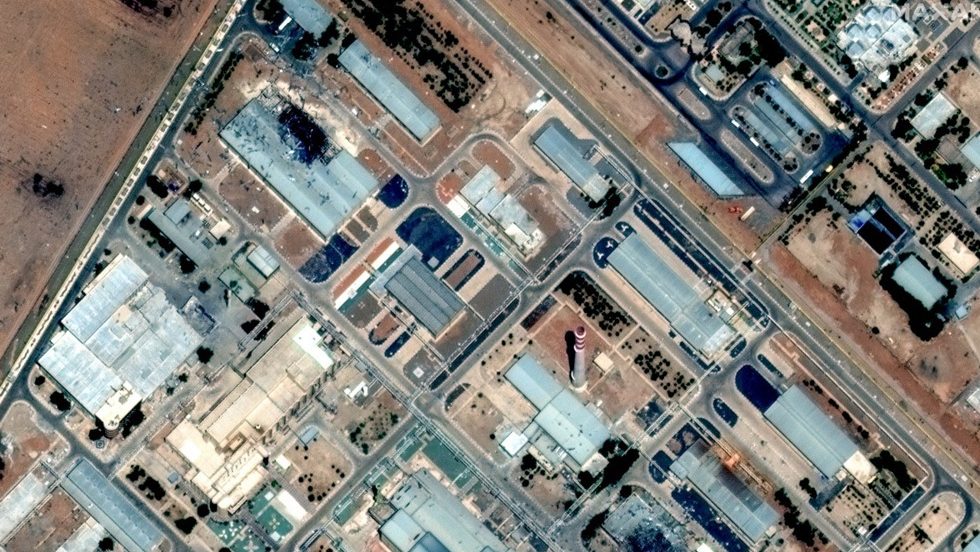Israeli airstrikes on Iranian nuclear facilities have caused significant damage to Iran’s nuclear program, according to former IAEA deputy director Olli Heinonen. Iran possesses substantial amounts of highly enriched uranium, and the key question remains where these stockpiles are located. Israeli Prime Minister Netanyahu stated that the operation aims to prevent Iran from developing nuclear weapons. Iran has announced its withdrawal from the nuclear non-proliferation treaty, while the international community expresses concern over Iran’s nuclear ambitions. The conflict between Israel and Iran is escalating, with mutual attacks and casualties on both sides.
Political Perspectives:
Left: Left-leaning sources tend to emphasize the dangers of military escalation and the humanitarian impact of the conflict, highlighting the need for diplomatic solutions and criticizing aggressive military actions. They often stress the importance of international law and the risks of violating sovereignty.
Center: Centrist sources focus on the factual reporting of the events, presenting statements from both Israeli and Iranian officials, the role of international agencies like the IAEA, and the geopolitical implications. They highlight the complexity of the situation without strong bias, emphasizing the security concerns of Israel and the nuclear ambitions of Iran.
Right: Right-leaning sources emphasize the threat posed by Iran’s nuclear program and support Israel’s right to defend itself. They often frame the Israeli airstrikes as necessary to prevent Iran from acquiring nuclear weapons and portray Iran as a destabilizing force in the region. They may also highlight the support of Western allies for Israel’s actions.








